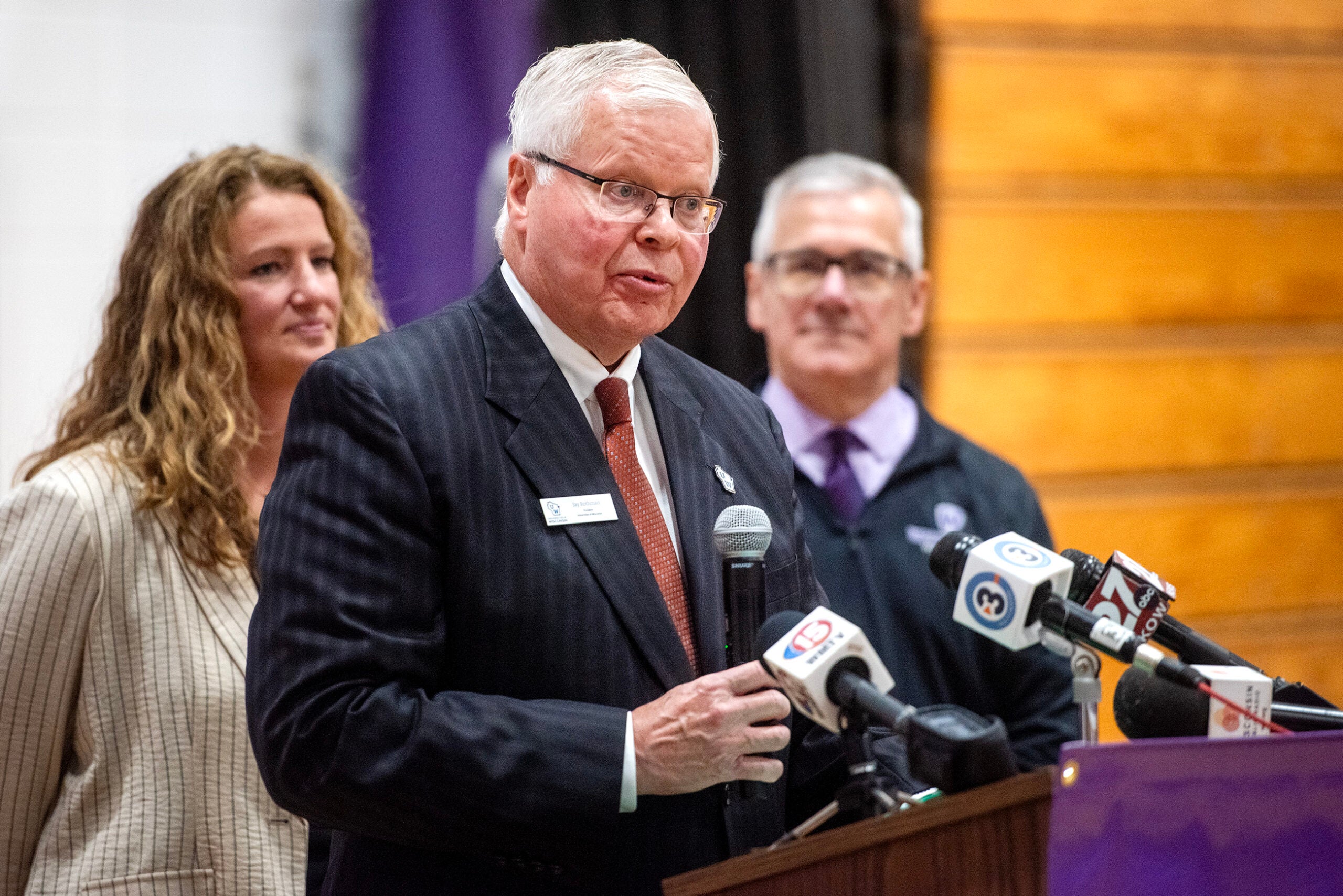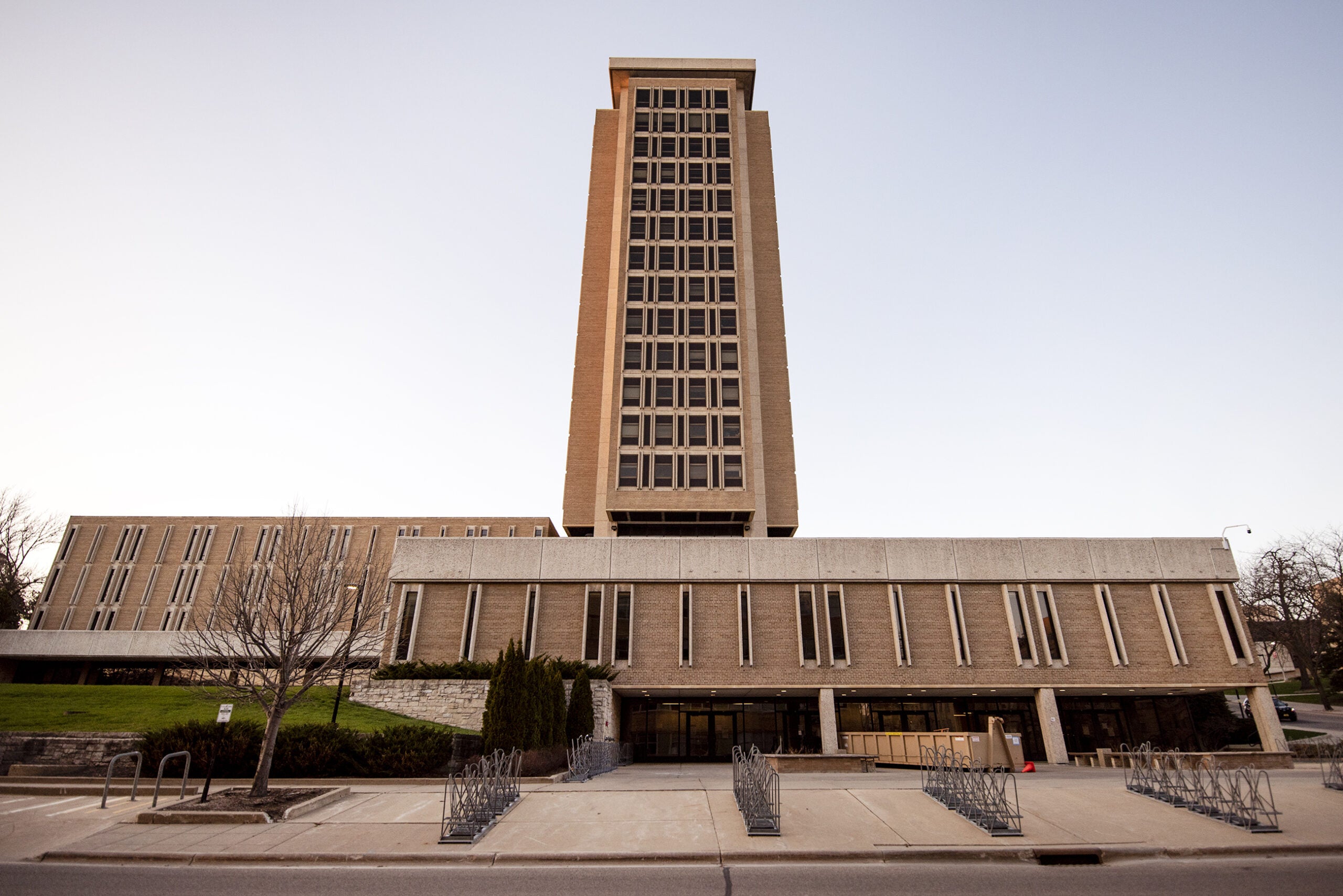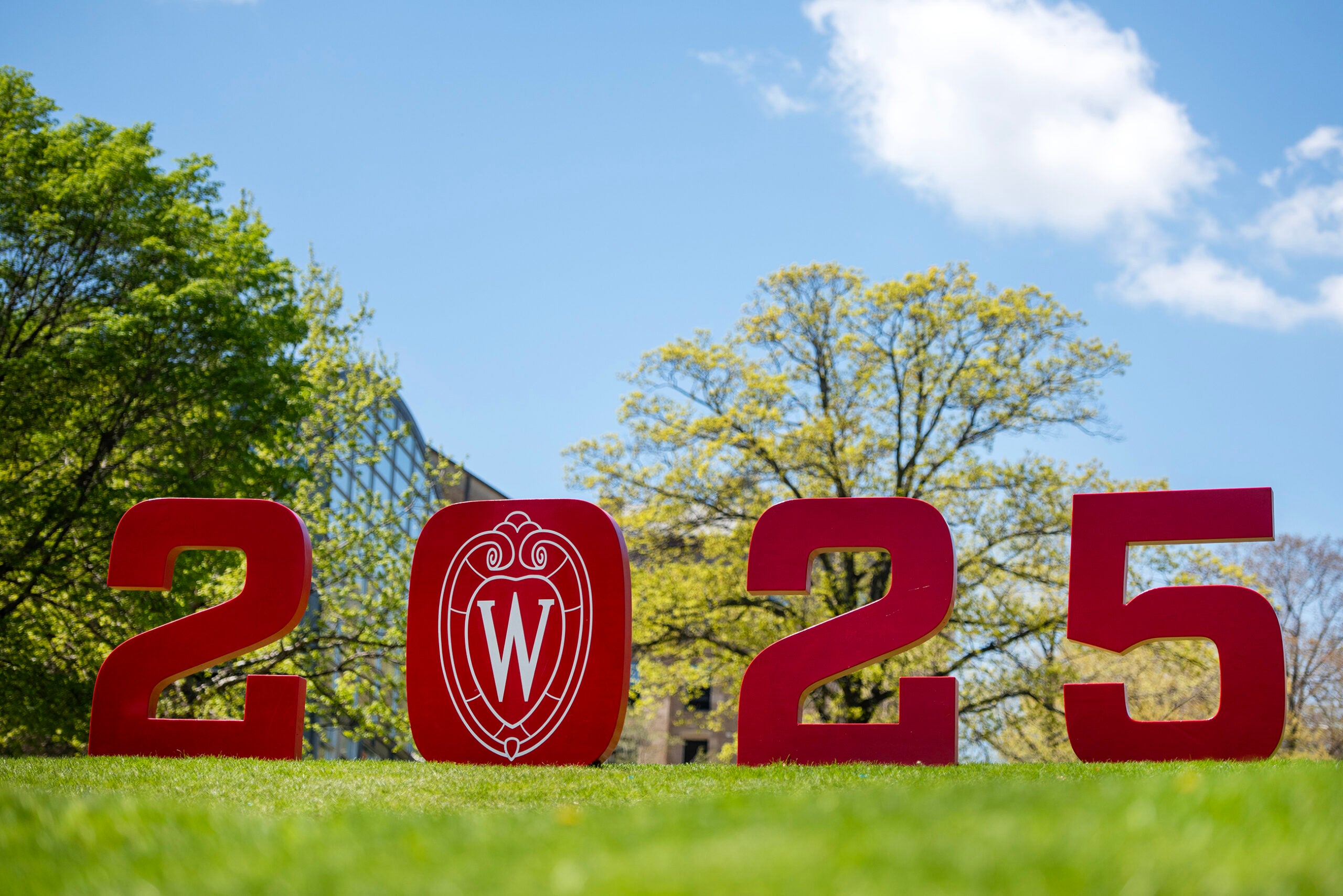University of Wisconsin System President Jay Rothman said Monday the perceived liberal bias on college campuses won’t be solved by asking professors their political affiliation. Instead, he wants to focus future hiring on a more diverse applicant pool.
Some Republican state lawmakers have suggested including political ideology in diversity trainings and considering party status when hiring professors.
Those suggestions came after a controversial UW System student free speech survey released Feb. 1 found a majority of conservative respondents reported self-censoring views in class.
News with a little more humanity
WPR’s “Wisconsin Today” newsletter keeps you connected to the state you love without feeling overwhelmed. No paywall. No agenda. No corporate filter.
Since the findings, Rothman has been meeting with students and legislators. During an interview with Wisconsin Public Radio Monday, he said giving potential or existing professors a political litmus test would present a challenge. But Rothman said diversity of thought is important.
“I think we should be asking people about how they view diversity, but that has to be diversity on a broader term in my mind,” Rothman said. “It has to include thought diversity, that has to include viewpoint diversity.”
New hiring goals come as GOP reviewing UW-System budget
Rothman’s comments come as Republican Assembly Speaker Robin Vos, R-Rochester, has made it clear to the UW-System he has concerns about the level of funding for diversity, equity and inclusion positions. The system spends about $13.6 million annually on 185 administrators related to DEI, according to a WisPolitics analysis.
“The UW System is all-in on helping Wisconsin win the war for talent,” Rothman said. “We remain committed to educating a diverse group of students, including those traditionally underrepresented in higher education. My experience as a business leader in Wisconsin informs my belief that for our students to succeed, they need exposure to a range of cultures, ideas and opinions.”
Rothman said more ideas — not less — are needed for public universities to flourish.
“As such, we will be reviewing the use of statements that could be perceived as political which might be required for employment within the UW System,” he said.
Rothman said there will be new diversity, equity and inclusion goals, particularly around hiring new people to work in the UW System.
“We look at historically underrepresented groups without question and that has to be a focus,” Rothman said. “But we also look at disabled students, we look at veterans, we look at those coming from lower socio-economic means, all as part of creating that inclusive environment.”
Rothman said he wants to create a campus culture where what he calls the “marketplace for ideas” can flourish.
“Where people are exposed to all kinds of different ideas,” he said. “In the best case, we reach a consensus on how to move forward and solve some of the challenges that we face in our society. Worst case: In a civil environment, people agree to disagree.”
Conservative students say they don’t feel they can speak up
Jake Rivard, a conservative sophomore at UW-Madison, says he’s not afraid to speak up in class because he is a finance and economics major, so most of his classmates tend to lean right.
But he believes the majority of professors are liberal, especially political science professors.
“People like that gravitate towards higher education, for better or worse. It’s not a bad thing,” Rivard said. “I just think that’s one of the things the system has to reckon with. I think it needs to be professors that are willing to teach you how to think, and how to critically examine data and evidence and not lead you to how they want you to think.”
The survey, taken by 10,000 UW students, found a majority of respondents felt instructors encourage students to explore a wide range of viewpoints in class. But around 30 percent reported feeling uncomfortable sharing thoughts in class, especially on hot-button topics like abortion or transgender issues.
On April 6, the State Assembly Colleges and Universities Committee held a public hearing questioning whether perceived liberal bias was hurting the quality of education on UW campuses.
State Rep. Dave Murphy, R-Greenville, who has accused UW-Madison of “indoctrinating students,” told the committee that surveys of college students around the U.S. and incidences of conservative speakers being shouted down at universities highlight “a national trend towards suppression of free speech.”
Republican concern over free speech on campus is not limited to Wisconsin. There have been at least four congressional hearings on this issue since 2017, with Republicans saying colleges are silencing conservative voices and promoting liberal causes.
Rothman, who was hired last June, was previously chair and CEO of the law firm Foley & Lardner LLP. He said the university system has set a goal of graduating 10 percent more students by 2028. Without creating an inclusive environment, he said, it will not meet its goal of 41,000 graduates.
Students live in a microcosm of society where they are on one political side or another. But students should be challenged, not to live in echo chambers, Rothman said.
“A university education has to be broader than that,” Rothman said. “If we’re going to teach people to really be able to think critically, to analyze, they need to hear the other viewpoint. And I think we need to continue in terms of inclusivity that thought diversity and that viewpoint.
“Diversity is absolutely critical — where people feel that they can raise in good faith the issues that they want to raise in their perspective, because that’s how we all get better.”
Rivard agrees students often do live in an echo chamber. But he says so do most adults.
“It’s more comfortable that way and people just stay there,” Rivard said. “I grew up in a town with 15,000 people on the west side of the state with more conservative ideology. I don’t think it’s a bad thing either way. I just think it’s a reflection of that.”
Wisconsin Public Radio, © Copyright 2026, Board of Regents of the University of Wisconsin System and Wisconsin Educational Communications Board.







